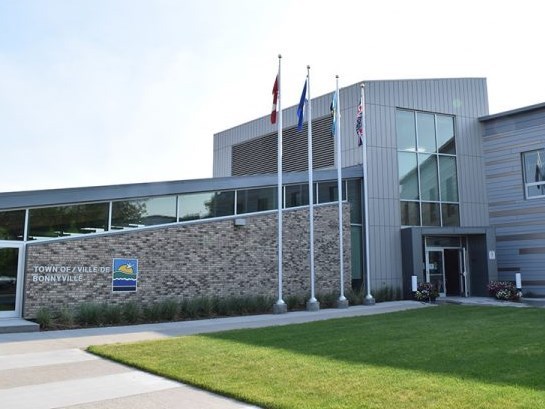BONNYVILLE – At last week’s Town of Bonnyville council meeting, council voted unanimously to pursue the creation of an Indigenous Land Acknowledgement Statement specific to the Bonnyville community to be read at the beginning of the Town’s future meetings and events.
On Nov. 9, council heard that a land acknowledgement is described as “a formal statement recognizing the unique and enduring relationship that exists between Indigenous Peoples and their traditional territories."
CAO Bill Rogers, told council that municipalities, organizations across Canada, largely over the last decade, have used land acknowledgements “as one way to formalize the Truth and Reconciliation Commission of Canada's final report, which included 94 Calls to Action.”
Generally, land acknowledgements used by public and private organizations in Canada included three things: land and territory recognition, recognition of Indigenous Peoples and address reconciliation.
Rogers added that these acknowledgements are typically made at the beginning of public speaking engagements, events and meetings.
Councillors were quickly in agreement that pursuing a unique land acknowledgement specific to the area was something they would like to see moving forward.
Coun. Byron Johnson brought with him a land acknowledgement recently developed by the Bonnyville Amateur Football Association.
He read, “(We) would like to acknowledge that we are on Treaty Six Territory, a traditional meeting ground, gathering place and traveling route to the Cree, Saulteaux, Blackfoot, Métis, Dene and Nakota Sioux. We acknowledge all the many First Nation, Métis and anyone whose footsteps have marked these lands for centuries.”
Coun. Kayla Blanchette added, “It would be really beneficial to consult with Indigenous community members and open up some dialogue about specific wording because, again, it's not what we want to say it's what should be said. I also think that this is just one example of a way that we can cultivate healthy relationships with our neighbours and community members.”
Blanchette also noted that she found some of land acknowledgements used by other municipalities and organizations being “bare minimum.”
“I'd like to see something a little more thoughtful and genuine from the Town,” she said, adding that she would support using an Indigenous consultant that could direct the Town’s administration on an appropriate and inclusive statement.
Administration was directed to consult with the Indigenous community to prepare draft acknowledgement statements and bring the necessary bylaw amendments to a future council meeting.


